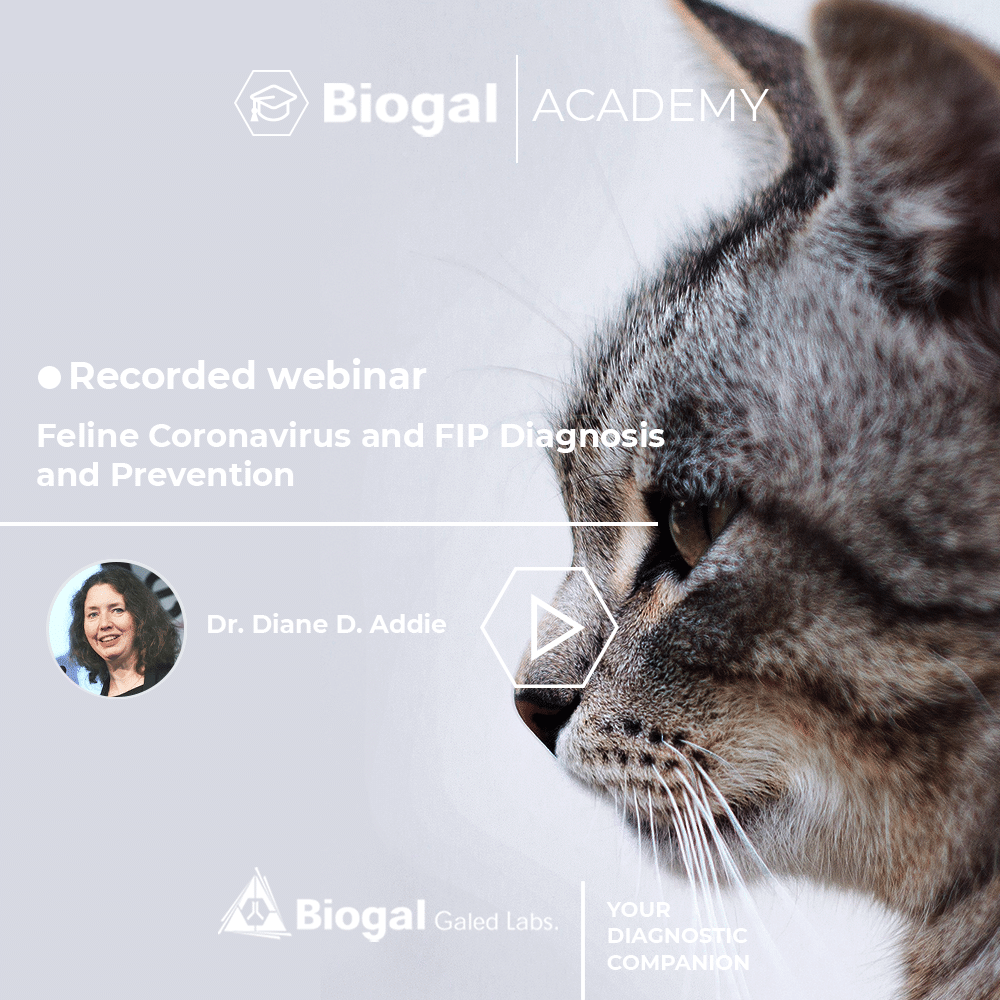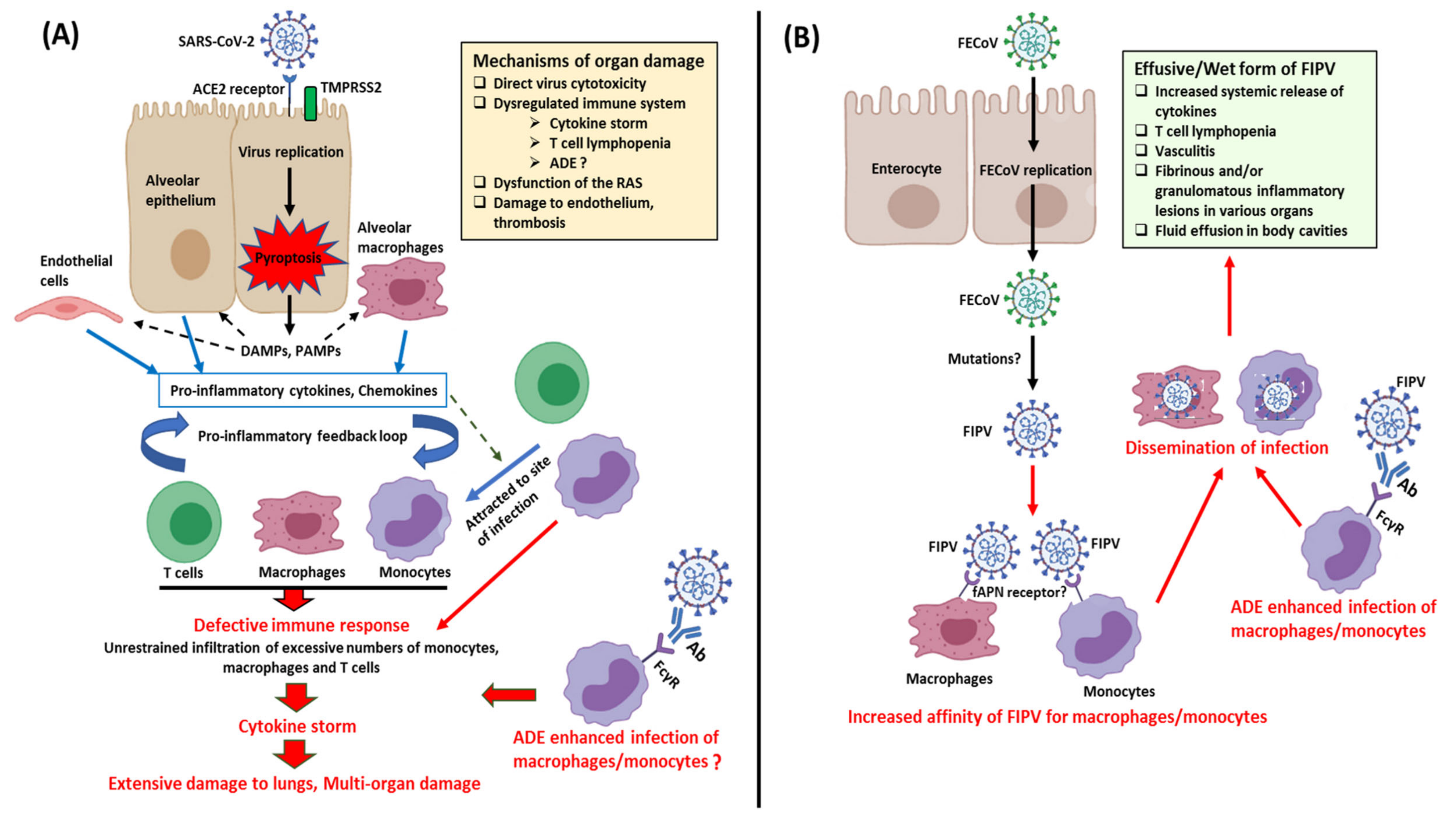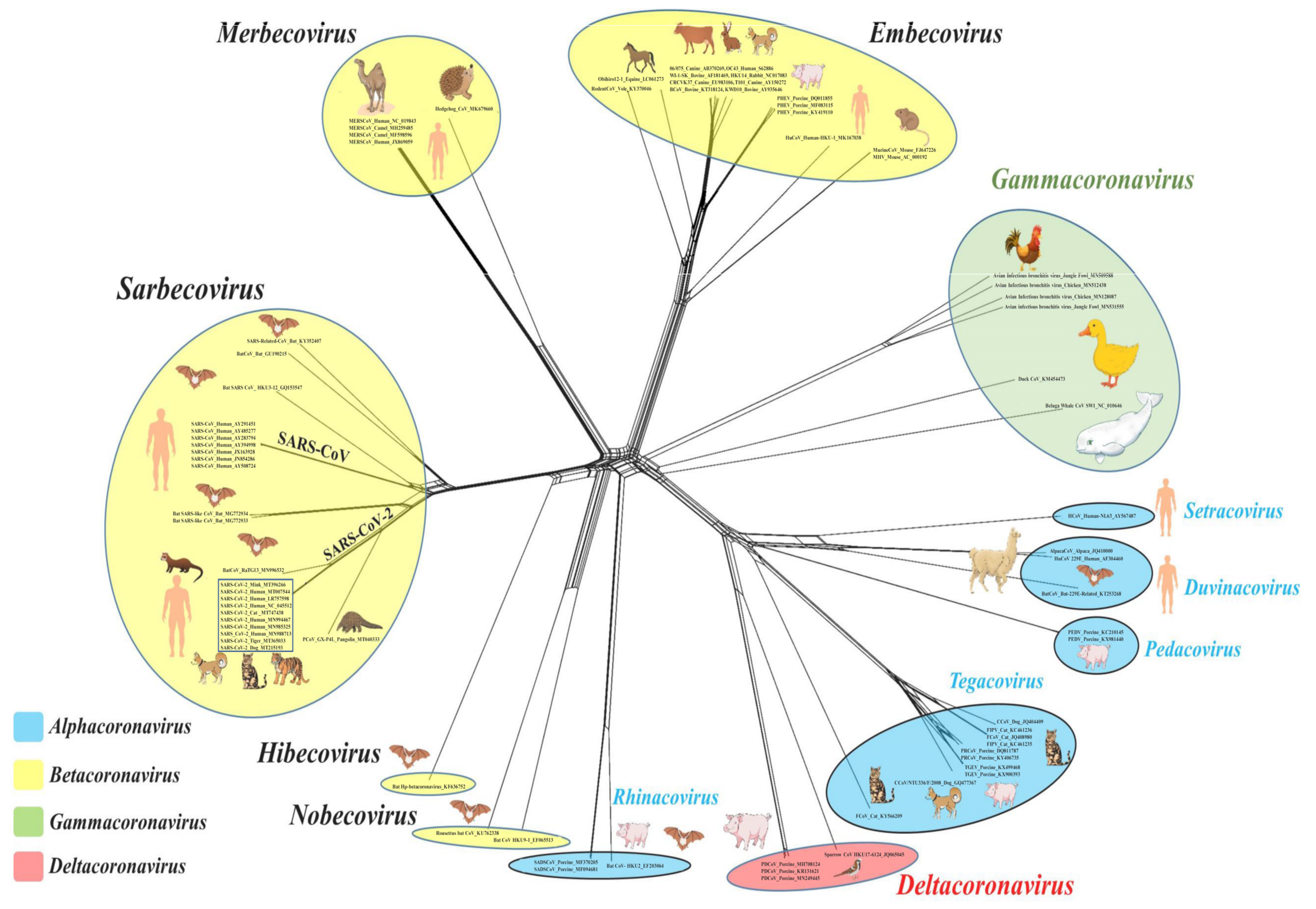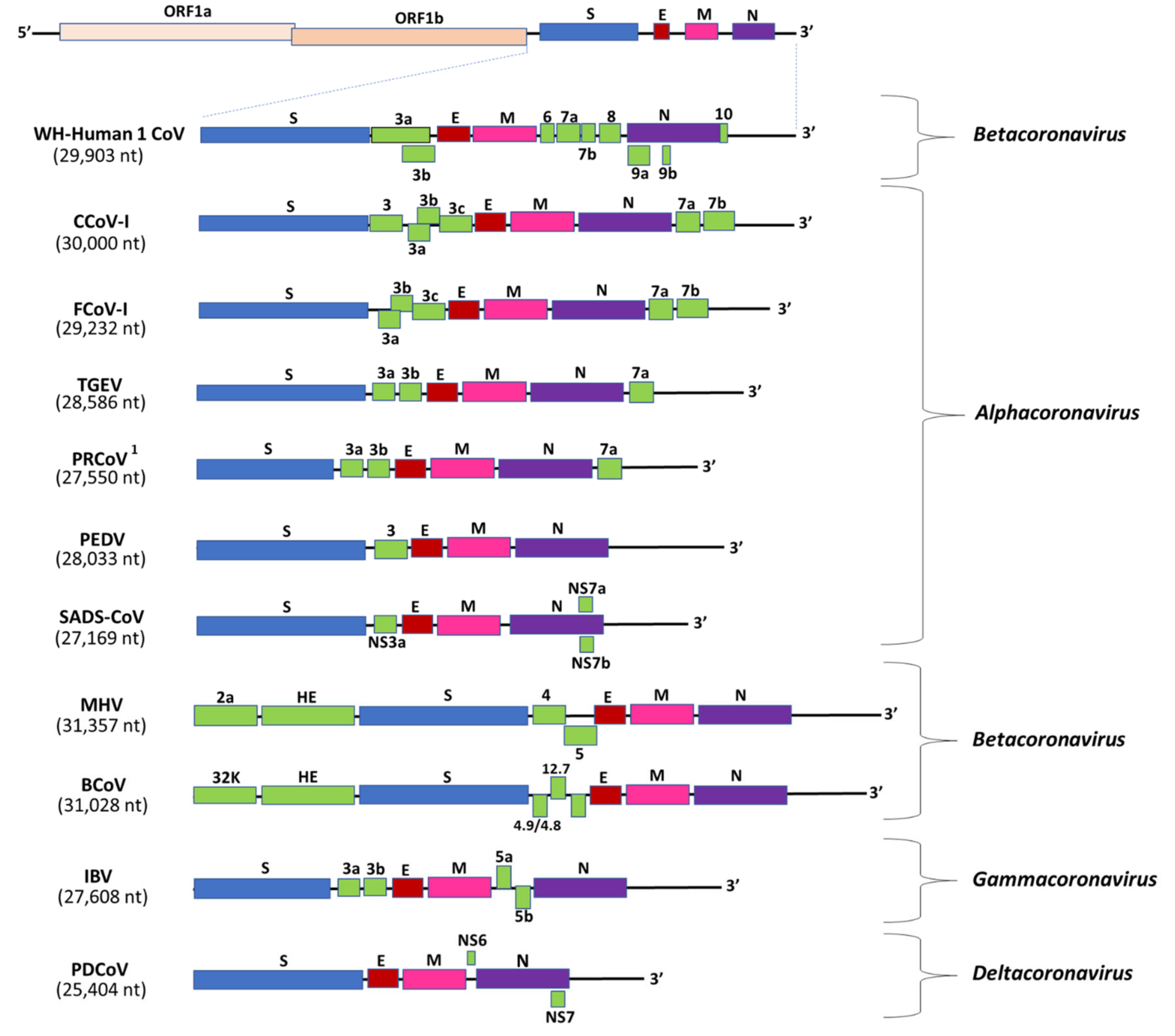Coronavirus In Cats Fip

As a precaution many veterinarians recommend that you wait about a month after an infected cat dies before introducing a new cat into the house to minimize the chance of exposure to the virus.
Coronavirus in cats fip. The coronavirus that causes FIP. Cats that have FIPV also have FECV whereas not all cats that carry FECV develop FIP Simons et al 2005. Unfortunately whenever there is a risk for feline coronavirus there is a risk for potential development into FIP.
He says the drug works by blocking the viruss ability to replicate. It occurs in a very small proportion of cats or kittens and is caused by a common virus called feline coronavirus. Most cats develop the feline coronavirus at some point in their lives but show little to no symptoms.
The disease is most common in young cats six weeks to two years. FIP stands for Feline Infectious Peritonitis and is caused by a cat-specific coronavirus that poses no risk to humans. In his most recent study he successfully treated FIP in 25 of 31 cats using GS-441524.
If your cat has FIP other cats in your household may be at a greater risk for becoming infected with feline coronavirus. All cats with FIP are unwell and most will have a fever appear lethargic and go off their food. Scientists dont yet understand how the relatively benign coronavirus is turned into the fatal FIP.
Antibodies against Feline Coronavirus are found in 80-90 of the animals living in catteries or multiple-cat households and in up to 50 of solitary cats. It multiplies there and may cause diarrhoea this is particularly likely to happen to kittens especially when they live in communities with other cats. Unfortunately routine blood testing for feline coronavirus is not clinically useful.
However only some 1-5 of the seropositive cats eventually come down with FIP. Feline infectious peritonitis is a fatal disease suffered by cats and kittens. As yet poorly understood changes in the virus can give rise to mutants that lead to the development of feline infectious peritonitis FIP.

















